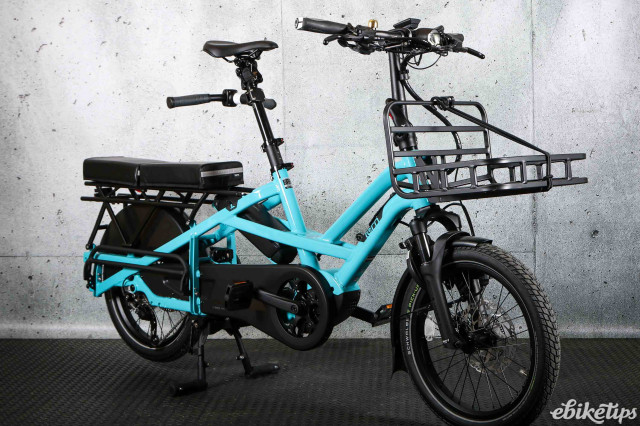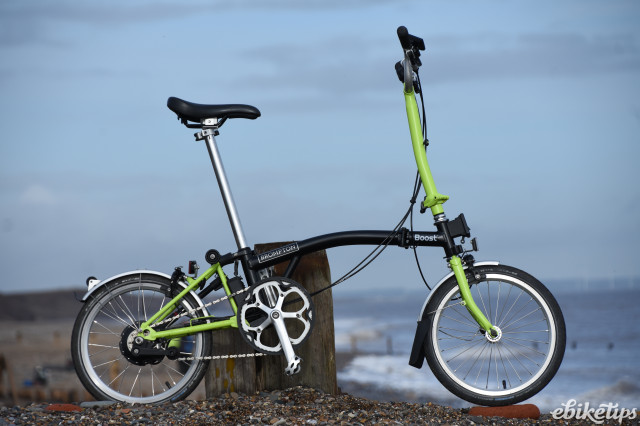The National Federation of the Blind of the UK (NFBUK) says that Rochdale’s e-scooter trial should be paused as there are already ‘more than enough’ trials going on elsewhere in the country. A spokesperson expressed concern that the vehicles could ‘take over the pavements’ and that vulnerable pedestrians' safety is being put at risk.
Trials of rented scooters covered by a motor vehicle insurance policy are currently taking place in a number of towns and cities around the UK – although the use of privately owned e-scooters on public roads remains illegal.
Micro-mobility operator Lime this week launched its latest pilot scheme in Rochdale. This will initially feature 100 e-scooters but could expand to 500.
Sarah Gayton, street access campaign coordinator for NFBUK told the Manchester Evening News that the charity has concerns about the scheme.
“It is best to pause the trial, learn from the existing ongoing trials before anything is started in Rochdale," she said.
“With lockdown about to be lifted the last thing which is needed is for these e-scooters to take over the very pavements blind and visually impaired people need for independent accessibility.
“It does not matter what technology the e-scooter companies claim they have to protect the public, it is clear that vulnerable pedestrians' safety is being put at risk due to how they are being ridden and left on the pavements.”
> You can now report abandoned Lime e-bikes and e-scooters using what3words
Government guidance on e-scooter trials states that the vehicles must not be used on the pavement.
Alan Clarke, Lime’s director of policy and government affairs for Northern Europe, responded: “We know e-scooter services will only deliver long term benefits if they work for everyone, including vulnerable pedestrians.
“That's why Lime has invested in rigorous safety features such as GPS tracking which prevents scooters being parked in dangerous positions or locations and technology that allows us to detect – and warn – users who ride on pavements.
"Our service in Rochdale will be parking bay-based, which means that riders will have to park the scooters in marked bays for the ride to end. These bays have been created by Rochdale council in consultation with Lime and wider community groups."
The firm says that 97 per cent of journeys in the trial it is running in Salford have ended within a designated bay.
Gayton said that in e-scooter trials elsewhere in the country, there had been instances of, “people riding on pavements, people riding them directly at pedestrians on the pavement and when crossing the road at pedestrian crossings, expecting the pedestrian to get out of the way.
“Blind or visually impaired people cannot hear or see them and cannot move out of their way, putting them at risk of being hit and injured, as well as being frightened when they pass them.”
She continued: “Rentable e-scooters need to be docked, locked and off the pavement and public spaces, with physical docking stations being provided in car parking spaces or car parks.
"Even if the parking issue is resolved this does not address how the e-scooters are being ridden which puts vulnerable pedestrians at risk.”
Bristol’s micro-mobility operator, Voi, recently came in for criticism for the way in which some e-scooters are being parked.
While Voi designates parking zones in a bid to avoid obstructing pedestrian areas, such large numbers are being left in some of them that they are spilling out onto pavements.





